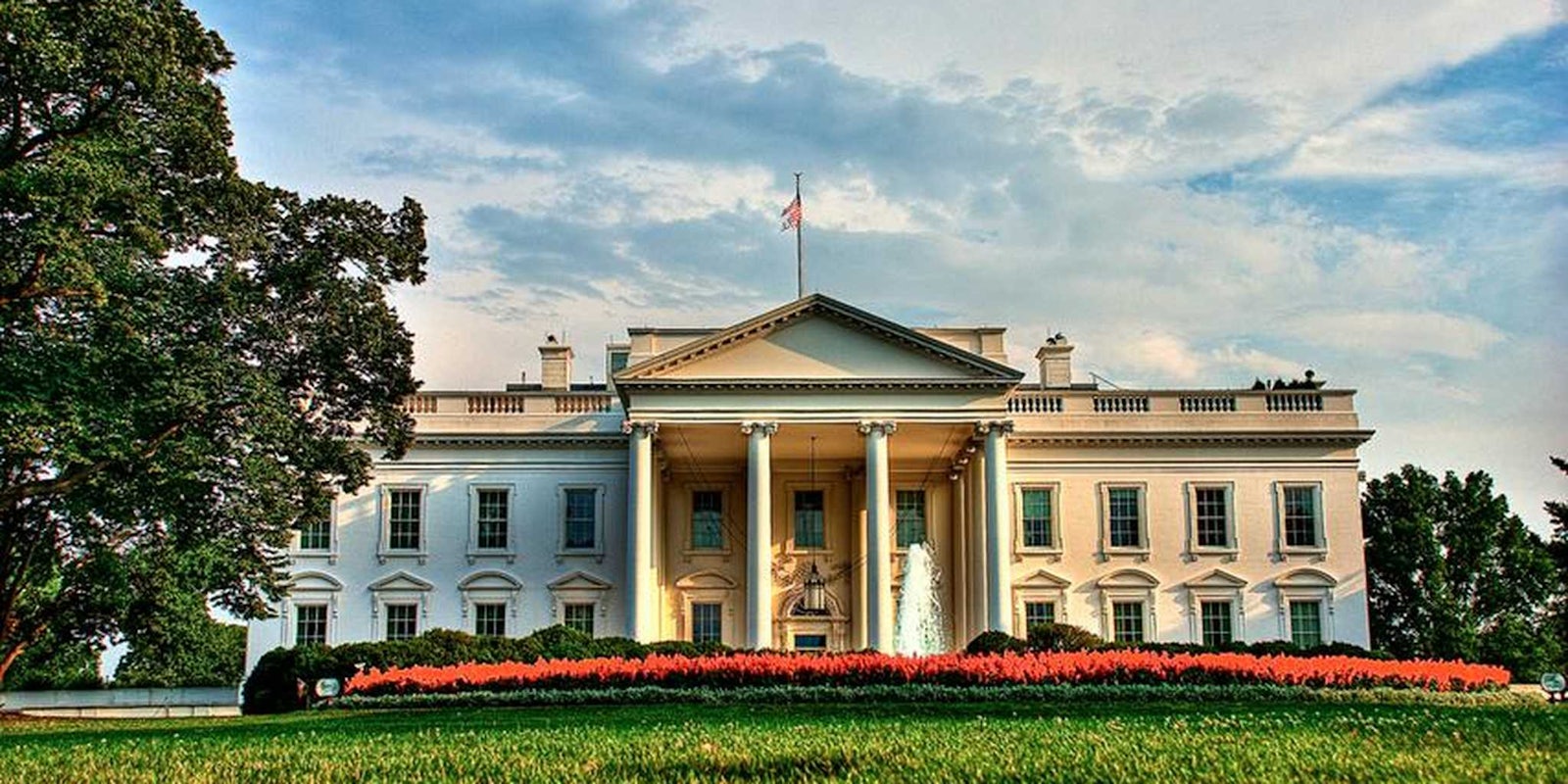For the first time in three years, the White House website is changing its official privacy policy, reflecting the growing use of mobile technology and increased skepticism about government data collection.
Though many provisions remain the same, the Obama administration has overhauled the text of the document to make it more readable and emphasis a commitment to protecting user information. The new privacy policy goes into effect on Friday.
“Our old privacy policy was just that—old,” writes Nathaniel Lubin, the White House’s acting director of digital strategy. “[…] Our online presence and infrastructure has evolved to include new capabilities, like expanded use of mobile and email technology, and we need a privacy policy that reflects that growth and which is appropriate for the rest of the Administration.”
The new privacy policy, in unambiguous terms, states that the White House will only share the information of WhiteHouse.gov or White House mobile app visitors with other federal government agencies. Information will not be shared with commercial companies or used for political purposes. The White House may share user information to either respond to a visitor request or as part of a law enforcement or online security investigation.
When it comes to the thorny issue of mobile location data, the White House pledges not to collect or use any such information. Push notifications on the mobile app will be managed by a third party provider (currently Urban Airship). According to the privacy policy, the company uses a unique device token to message mobile apps, thus avoiding the need for Urban Airship to use identifying information about the mobile device, its user or their contact information.
Under the revised policy, the White House will continue to use Google Analytics to collect data about its website and mobile traffic. However, the administration says no personally identifying information about visitors will be shared with Google. The tech giant is also prohibited from combining or matching information from the White House site with other information already in the company’s possession. Visitors’ IP addresses are partially shielded from Google. This will be a relief to some, as Google’s track record on data harvesting and transparency has been called into question recently.
Much of the data the White House collects is mandated by the Presidential Records Act. This same law requires that most data be retained through the end of the current administration.
Photo by Francisco Diez/Flickr (CC BY 2.0)


